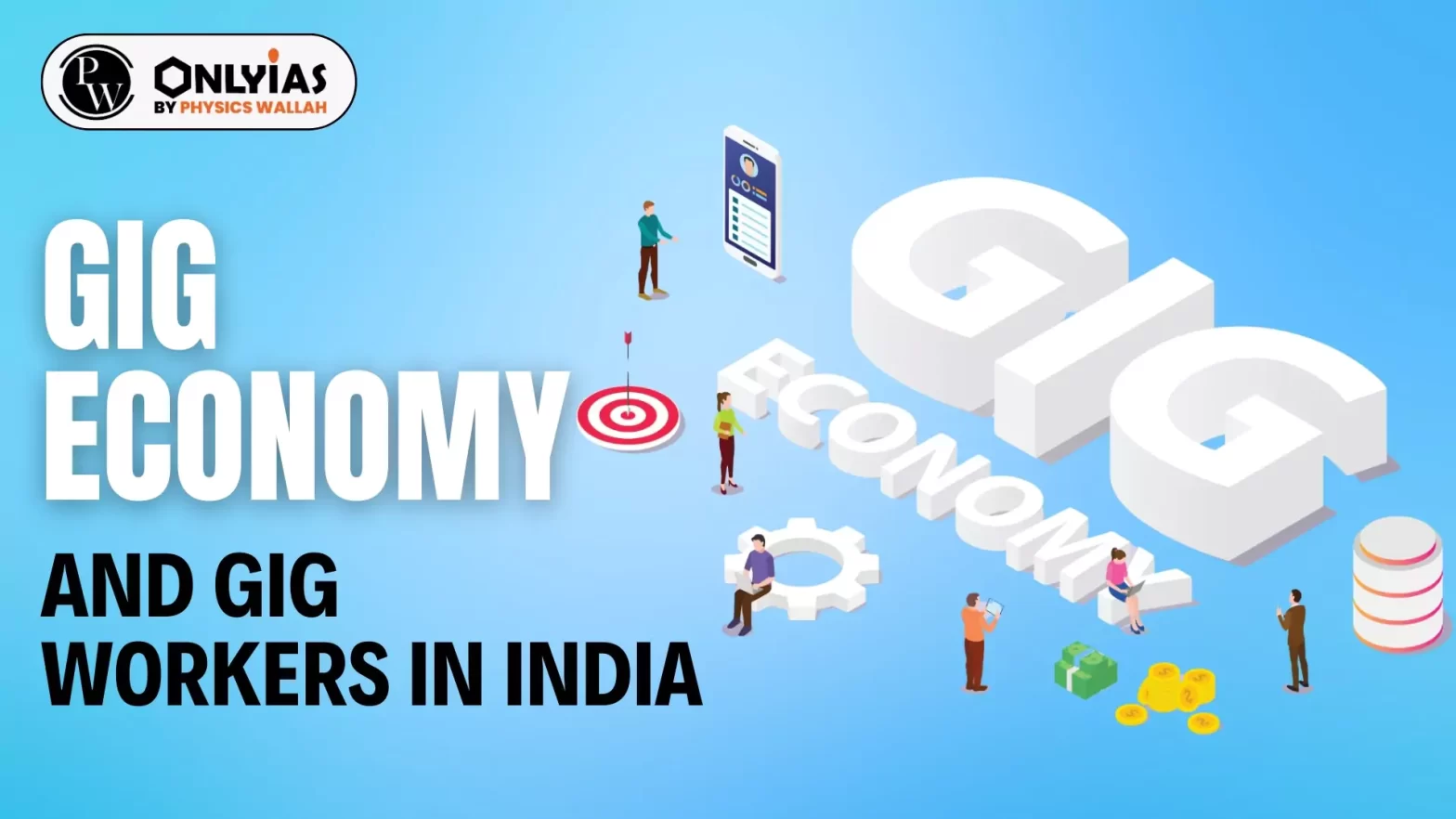![]() 20 Mar 2024
20 Mar 2024

A recent survey conducted across multiple Indian Cities, titled ‘Prisoner on Wheels’ sheds light on the challenges faced by many cab drivers and delivery persons.
| Relevancy for Prelims: Unemployment In India, Indian Economy, Basics Of Money, Gig Economy in India, Gig Workers,and Periodic Labour Force Survey (PLFS).
Relevancy for Mains: Informalisation of Work: Various Dimensions. |
|---|
NITI Aayog Report on Gig Economy in India
|
|---|
| Mains Question: Examine the role of ‘Gig Economy’ in the process of empowerment of women in India. (150 words, 10 Marks) |
|---|
| Must Read | |
| NCERT Notes For UPSC | UPSC Daily Current Affairs |
| UPSC Blogs | UPSC Daily Editorials |
| Daily Current Affairs Quiz | Daily Main Answer Writing |
| UPSC Mains Previous Year Papers | UPSC Test Series 2024 |
<div class="new-fform">
</div>